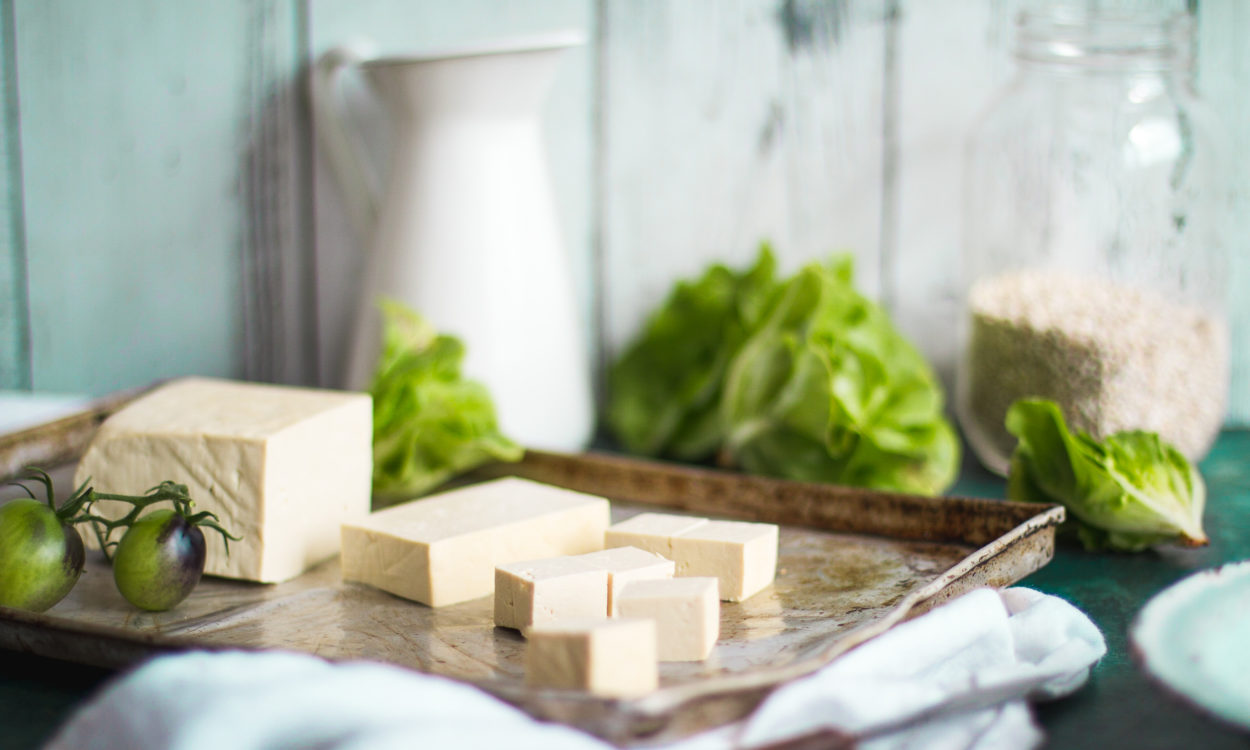While many people think that eating vegetarian is expensive and complicated, that’s simply not true. Here are 4 easy ways to incorporate more vegetarian food into your diet.
More choices, not less meat!
Vegetarianism has certainly proven itself worthy of praise: improved cardiovascular health, lower risk of cancer and a smaller environmental impact. Whether you adopt a vegan diet (consuming no animal products at all) or become a part-time vegetarian, every small step you make will have a positive impact on your health.
Tip #1: How to make sure you get all your daily nutrients
Are you afraid of not getting enough protein? Don’t be! There are so many foods that are rich in plant protein. If you incorporate one with each meal, you’re sure to feel satisfied. Grains (or starchy foods) also contain a considerable amount of protein and are essential in a well-balanced diet. Ideally, your meal should have an abundance of vegetables (or fruit for breakfast), a protein and a starch. Complement that with some healthy fats, sauces, spices and herbs and you’re all set!
Basic rule: Veggie + protein + starch
Plant proteins:
Chickpeas, lentils, beans, edamame, tofu, tempeh, nuts, grains and nut butters
Meatless proteins:
Milk, cheese, yogurt, eggs
Starches:
Rice, couscous, pasta, quinoa, barley, millet, buckwheat, bread, tortillas, tacos, naan bread, etc.
Tip #2: How to save money
Worried about your bank account taking a hit if you go veg? On the contrary. A roast beef costs $2.86 per 100 grams, while the same amount of tofu or legumes cost $0.44 and $0.41 respectively. Eggs, milk and lentils are all cheaper than meat! Buying seasonal and discounted veggies will help to cut the cost of your grocery bill too. But most of all: no more pre-packaged meals! Ready-made veggie salads will cost you an arm and a leg compared to making one yourself!
Tip #3: How to save time
Making a vegetarian meal doesn’t necessarily take more time than making a dish with meat. Tofu, canned legumes, nuts and cheese require little to no cooking time, making them easy and fast meal choices. Plus, these foods will keep longer in the fridge than meat will, on average 2 to 3 weeks more. That means less time spent at the grocery store! Yay!
You can also save time by planning ahead. For example, if you decide to make falafel, make enough for 4 meals and then freeze them. Then, on a really busy day you simply reheat them in the oven for 10 minutes! If you’re making quinoa, why not make enough for the whole week? Meal planning will save you so much time in the kitchen!
Tip #4: Where to find inspiration
Most people struggle with finding inspiration when it comes to vegetarian cooking. But the truth is, you can make your favourite non-vegetarian meals veg-friendly. If you love spaghetti, lasagne and Shepard’s pie, there are vegetarian versions of those staple meals online. The results will surprise you! There are also many vegetarian blogs that make mouth-watering recipes that you can add to your list of favourites. Try to avoid recipes that are super duper healthy and choose the ones that you will truly enjoy. Your bank of recipes will grow faster than you think, we promise!
Now you can see for yourself: eating vegetarian is as easy as 1-2-3…4!

Thanks to our collaborator

Science & Fourchette
Annie Ferland is founder and editor of the magazine Science & Fourchette and a nutritionist. Epicurean and a lover of photography, she shares her creations and tips about nutrition on her blog, Science & Fourchette. Her motto: simplify science to put on your plate.
Visit blog

